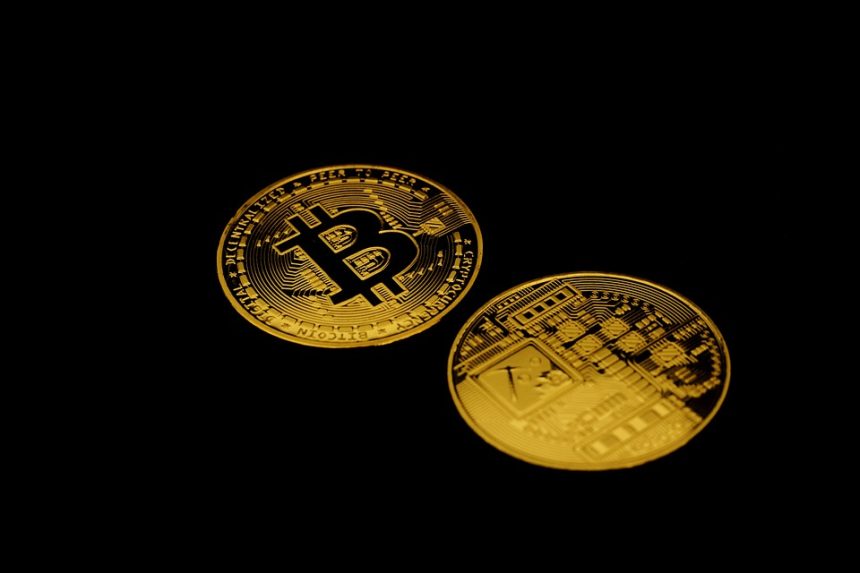In an increasingly interconnected world, the advent of blockchain technology has revolutionized the way we perceive borders—not just geographically, but also in terms of collaboration, trade, and innovation. As the cryptocurrency space continues to evolve, innovators from diverse backgrounds are harnessing the power of blockchain to transcend traditional barriers, fostering a new era of global cooperation.
The Promise of a Borderless Economy
Blockchain technology offers a plethora of opportunities for global collaboration. Its decentralized, transparent, and immutable nature creates a secure environment for conducting transactions, sharing data, and establishing trust—one of the primary impediments in cross-border interactions. This is particularly significant in regions where traditional banking systems are limited or inaccessible, empowering individuals and businesses to engage in the global economy without intermediaries that can slow down transactions or impose exorbitant fees.
Case Studies of Cross-Border Initiatives
-
Remittances and Financial Inclusion:
One of the most impactful uses of blockchain technology is in the remittances sector. Companies like Ripple and Stellar have developed solutions that facilitate instant cross-border transactions at a fraction of the cost of traditional methods. These platforms are not only making it easier for migrant workers to send money back home but are also contributing to financial inclusion by enabling unbanked populations to access digital finance. -
Supply Chain Transparency:
In an era where consumers are increasingly concerned about the ethical sourcing of products, blockchain has emerged as a powerful tool for enhancing supply chain transparency. Companies like VeChain are enabling businesses to track the provenance of goods—from raw materials to end consumers—across borders. This not only assures consumers of product integrity but also helps businesses mitigate risks related to fraud and counterfeiting. - Decentralized Autonomous Organizations (DAOs):
DAOs represent a new form of organization that operates on blockchain and allows for global participation without geographical constraints. Platforms like Aragon and MolochDAO enable communities to come together, pool resources, and make collective decisions on projects or investments. This model is fostering collaboration among innovators, creators, and investors worldwide, thus democratizing access to opportunities and resources that were once limited to a select few.
The Role of Cryptocurrency in Global Collaboration
Cryptocurrencies are not just a means of exchange; they are also the backbone of numerous ecosystems that encourage innovation and collaboration across borders. For instance, the rise of decentralized finance (DeFi) platforms has allowed individuals in developing countries to access banking services, investment opportunities, and financial products that were previously unreachable.
Moreover, initial coin offerings (ICOs) and token sales have empowered startups worldwide to raise capital from global investors, sidestepping the limitations imposed by traditional venture capital firms. This has led to a surge in creative projects and technological advancements spanning continents.
Challenges in Borderless Blockchain Innovation
Despite the immense promise of blockchain technology, several challenges remain as we pursue a truly borderless economy. Regulatory uncertainty continues to loom large; different countries have adopted varied stances on cryptocurrency and blockchain technology, leading to fragmentation and compliance hurdles. Additionally, the energy consumption associated with certain blockchain networks raises sustainability concerns, urging innovators to seek greener solutions.
Driving Factors Behind Global Collaboration
Key players are actively working to address these challenges and promote a borderless blockchain ecosystem. Initiatives like the Blockchain for Social Impact Coalition and Global Digital Finance are collaborating to establish best practices and regulatory standards, ensuring that innovations can flourish while protecting users and fostering trust.
Moreover, hackathons and innovation hubs, such as those organized by ETHGlobal and Hackathons for climate change, are bringing together developers, entrepreneurs, and visionaries from around the globe. These events not only foster technological innovation but also build a sense of community and collaboration that transcends national boundaries.
Conclusion
As blockchain technology continues to mature, its potential to facilitate global collaboration will only grow. Innovators are leading the charge in driving this transformative change, harnessing the power of decentralized networks to create a more inclusive, transparent, and efficient global economy. By breaking down the barriers that once limited collaboration, blockchain is paving the way for a future where innovation knows no borders. As we navigate the challenges that lie ahead, the commitment to collaboration will be paramount in realizing the full potential of this groundbreaking technology.





